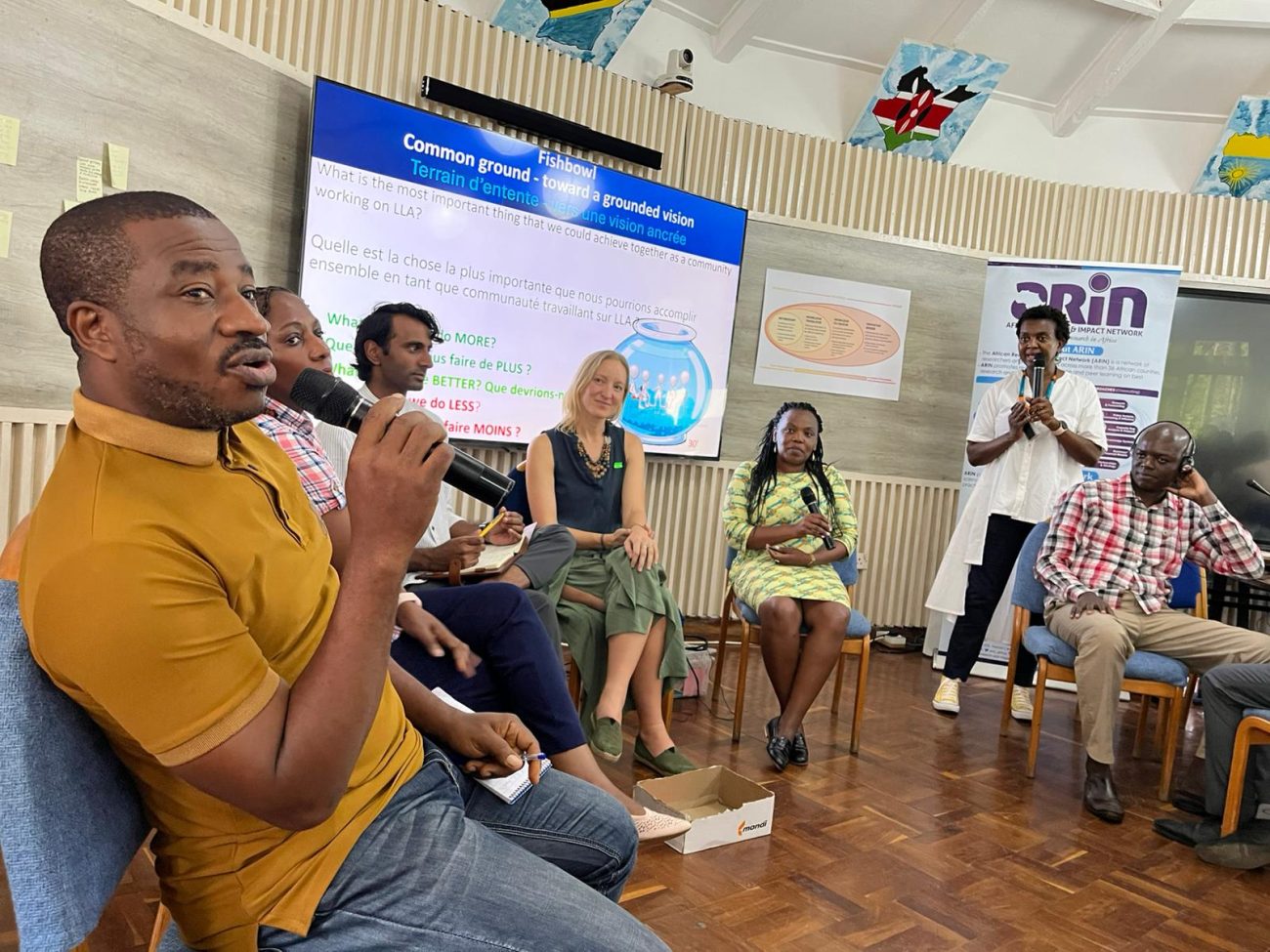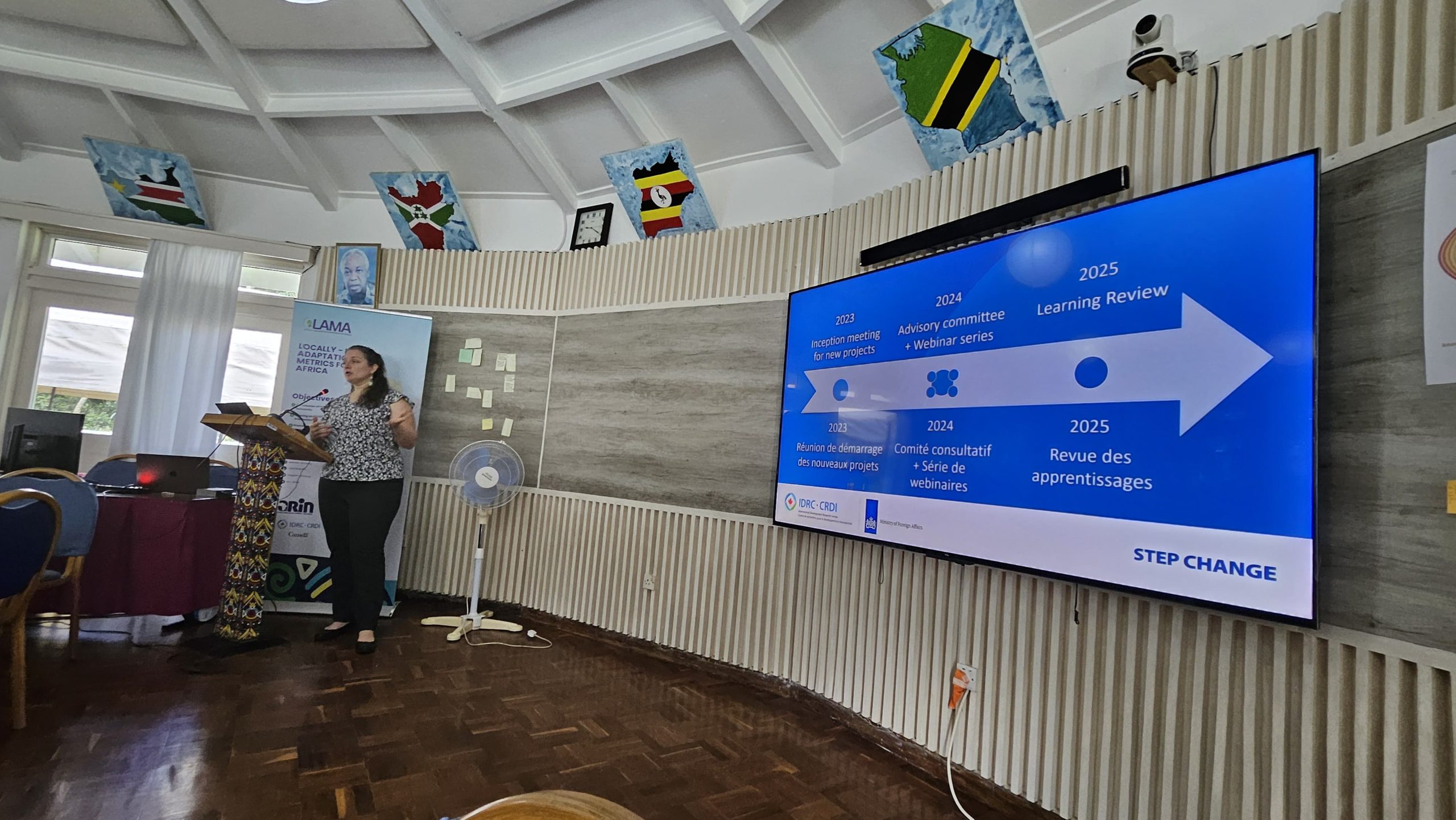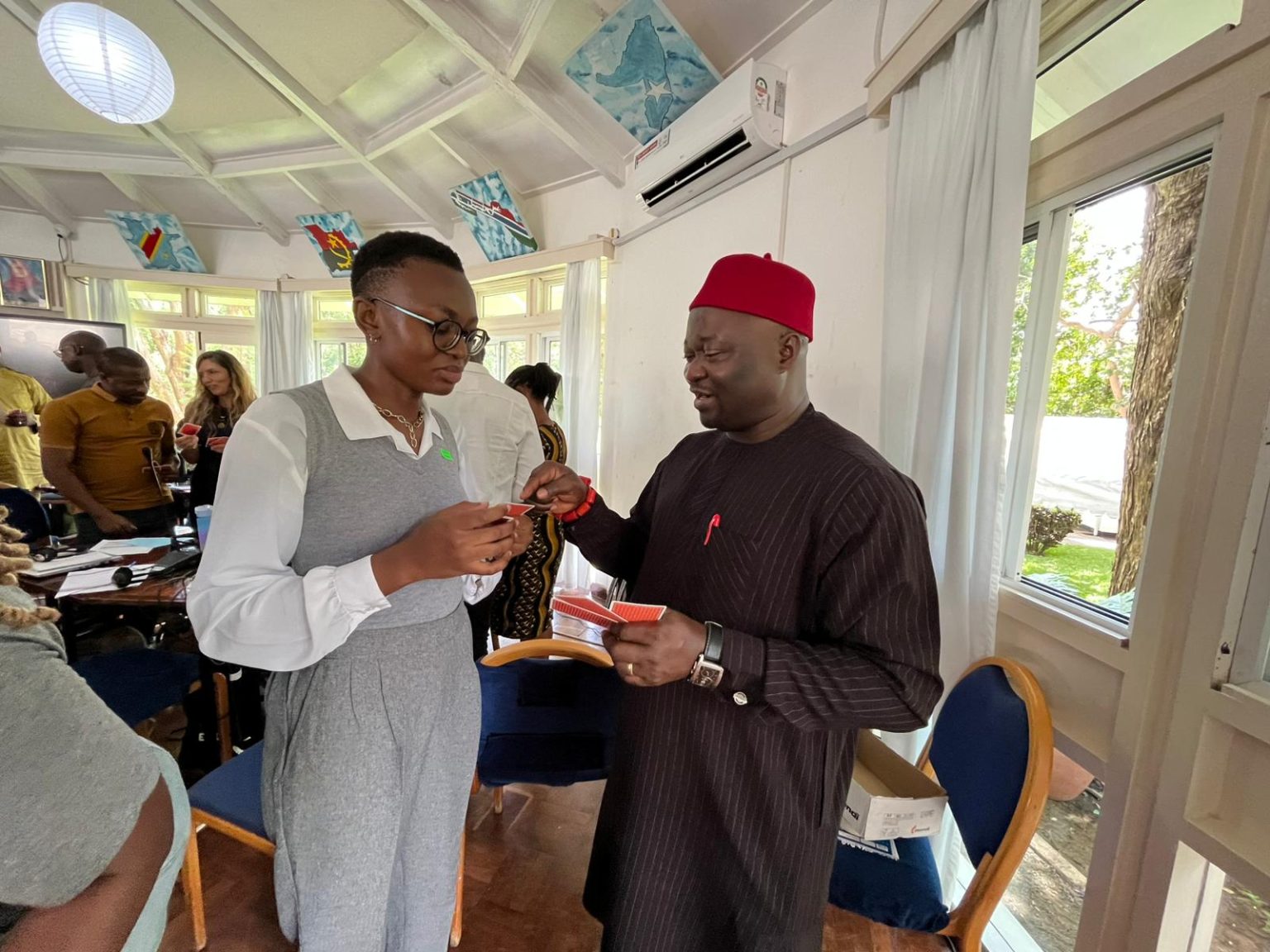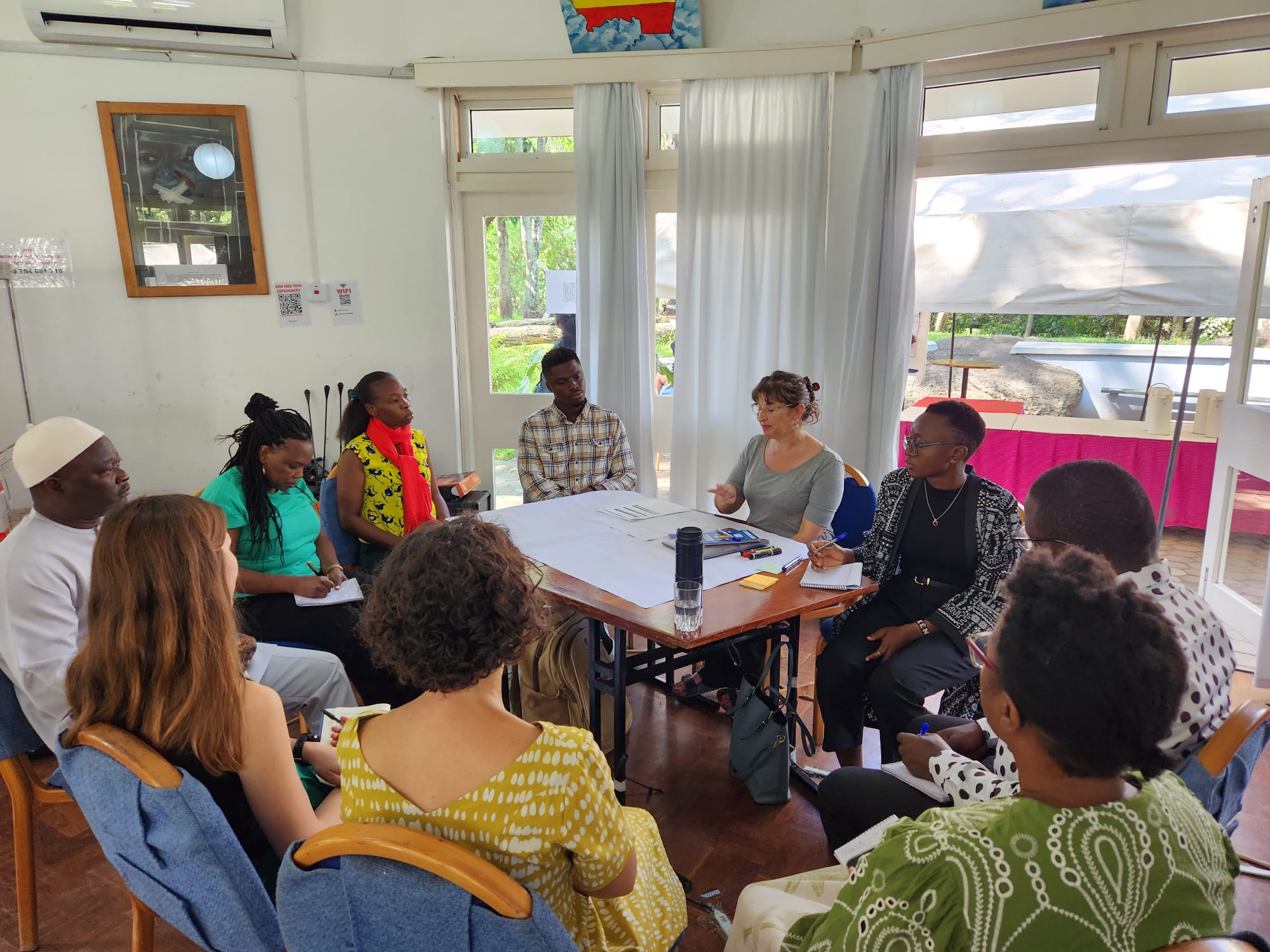Driving Locally Led Climate Adaptation: Insights from the Step Change Learning Review Workshop

From February 11-14, 2025, key players in climate adaptation and knowledge sharing convened in Arusha, Tanzania, for the Step Change Learning Review Workshop. This pivotal event, hosted by the Africa Research & Impact Network (ARIN), brought together representatives from eight projects spanning 19 countries across Africa, Latin America, and South Asia. The goal? To strengthen synergies, foster collaboration, and drive equitable and inclusive locally led adaptation (LLA) strategies.
Among the participants was the African Technology Policy Studies Network (ATPS), represented by Executive Director Prof. Nicholas Ozor and SCALE Project Officer Eng. Prof. Joel Nwakaire. ATPS’s involvement underscored its commitment to empowering smallholder farmers through technology, research, and policy advocacy.
The Role of ATPS and the SCALE Project
ATPS is actively contributing to the Step Change initiative through its Strengthening the Capacity of the Extension System to use Proven Knowledge and Technologies to Sustain Equitable Locally Led Adaptation Among Smallholder Farmers (SCALE) Project. Funded by the International Development Research Centre (IDRC), SCALE is dedicated to bridging the gap between scientific research and practical, community-driven climate adaptation strategies.

The project’s core mission is to strengthen extension systems as a knowledge broker, ensuring smallholder farmers receive proven, demand-driven, and locally sustainable solutions. It does this through:
- Situational analyses and needs assessments to map key actors and linkages in the extension system.
- Co-designing and implementing capacity-building programs tailored to identified needs.
- Establishing platforms for knowledge-sharing and collaboration to enhance the resilience of farming communities.
By integrating gender-responsive, equitable, and inclusive locally led adaptation strategies, the SCALE project ensures that smallholder farmers are not just beneficiaries but active participants in shaping climate adaptation solutions.
Key Takeaways from the Workshop

The Learning Review Workshop focused on:
Cross-project learning – Sharing lessons on implementing climate adaptation at scale.
Building strategic partnerships – Strengthening linkages between policymakers, researchers, and local communities.
Knowledge brokering – Exploring new approaches to making climate adaptation knowledge more accessible and actionable.
A significant highlight was the field visit to the Kikuletwa Catchment, where participants engaged with The Partnership for Sustainable Water Management (SUWAMA) and the GIZ Natural Resources Stewardship (NatuReS) Programme. The visit provided first-hand insights into how locally driven water resource management can enhance smallholder farmers’ resilience to climate change.

Looking Ahead: The Future of Climate Adaptation
As the Step Change initiative continues, ATPS remains committed to its role in bridging science, policy, and community action. The SCALE project will continue strengthening the extension system, ensuring that smallholder farmers have access to knowledge, tools, and networks that make climate adaptation not just a possibility, but a reality.
Learn more about ATPS and the SCALE Project here: https://atpsnet.org/scale/

